Managing for Results
3. Culture
Do state leaders promote a culture of using data and evidence to deliver results?
Colorado
Leading Example
While the 2013 Colorado SMART Act has embedded a culture focused on data and evidence, the Governor has played a key role in communicating its value and importance in recorded remarks and interviews. Within the Governor’s Office, the Office of State Planning and Budgeting continues to lead the development of research and evidence to improve outcomes and to advise the Governor on program effectiveness. The Governor also directed the Office of State Planning and Budgeting (OSPB) to evaluate the anticipated impact of all budget requests on equity, diversity, and inclusion (EDI), with a goal of advancing the state’s progress. OSPB has created an equity, diversity, and inclusion (EDI) team to undertake this work and is working with state departments to incorporate EDI considerations into the state’s budget process.
In addition, the Governor annually hosts the Tom Clements Better Government Awards ceremony, which awards state employees in the categories of Outstanding Service in Government and Outstanding Innovation in Government. As part of the selection criteria, judges assess how data was used to drive improvements. In 2022, the Colorado Division of Motor Vehicles (DMV) won an award by demonstrating with data how they were able to transform access to DMV’s services, including:
- In March 2021, DMV broke a record with 502,000 total online transactions in a single month. Comparatively, in March 2020, the DMV had 259,000 total online transactions.
- About 89% of in-office DMV customers were in and out in less than 30 minutes; this exceeded the DMV’s goal of serving customers in 30 minutes or less 75% of the time.
- Over 616,000 Coloradans renewed their driver license or ID card online.
- Coloradans renewed their vehicle registration online more than 2,418,000 times.
Promising Examples

California
California
The newly merged California Office of Data and Innovation (ODI) within the Government Operations Agency (GovOps) has the explicit goal to foster a data and analytics–informed culture. This includes the development of a statewide training program to develop and deliver modern curriculum in research, user design and data practices. These training and data literacy initiatives will build on currently and previously offered trainings, including the statewide leadership development programs which focuses on results-driven leadership, and a workshop on designing rigorous evaluations GovOps offered in partnership with The Abdul Latif Jameel Poverty Action Lab (J-PAL). ODI is also developing resources to guide the ethical use of data, including adapting the Ethics and Algorithms toolkit for use at the state, and the development of an ethical toolkit for other parts of the data lifecycle.
The California FY21-22 Budget establishes and supports the state’s first-ever Chief Equity Officer within the Government Operations Agency (GovOps), which will build upon and implement the work of the California Leads Taskforce. The Chief Equity Officer will develop a uniform framework for creating equitable policies, practices, and metrics for hiring and procurement. To further this work, the GovOps agency has also been tasked with creating the first-ever statewide strategic five-year plan to transform government operations.
The California Governor spoke about the importance of data systems at the inaugural board meeting for the Cradle-to-Career Data system, and continues to speak enthusiastically about the development of the system and power of data to build more equitable futures in California.
The California Strategic Growth Council recently launched a statewide Racial Equity Resource Hub, which centralizes resources from across the state to help advance racial equity, including detailed analysis of disaggregated data and data tools. The hub and affiliated efforts are building statewide capacity, conversation, and culture around achieving equity, including through the use of data.
To encourage a more data-centric culture, the California Health and Human Services Agency’s Center for Data Insights and Innovation (CDII) hosted an annual Data Expo, which included 950 participants from across the state. The focus of the virtual 2022 Expo was on how data and insights can lead to more equitable policies and healthier outcomes for all Californians, to advance data literacy for staff, and support a robust data community.

Indiana
Indiana
Since 2018, the Indiana Management Performance Hub (MPH) has hosted an annual Data Day. In 2022, Data Day 5 on April 26, 2022 convened more than 430 participants. Data Day celebrates MPH’s collaborative and innovative approach to fostering a culture of collaboration and data-driven decision making between state agencies and key trusted partners.
For example, in 2022, the Indiana Governor delivered an opening keynote stressing the importance of a data-driven state government and a presentation about the state’s Equity Data Portal.
MPH started a data proficiency program for all state employees in 2021. The program engages state employees at all knowledge levels and shows how data impacts all of our jobs every day. These short lessons, delivered monthly, explain data concepts with simple, real-life scenarios. Employees can earn learning badges by completing lessons and promoting their accomplishments. To date 1,400 employees have earned their first learning badge with more lessons to come in 2022.

Maryland
Maryland
Through a 2018 Executive Order, the Maryland Governor established a customer service initiative that provides training to state personnel to improve the culture of performance and service, using survey feedback and operations data to improve service, and transparency with annual customer service reports for the public: FY20 data showed that 81% of state residents were pleased with the customer service from their state government. This includes publicly recognizing state personnel with awards for excellence in customer service.
On August 1, 2022, the Maryland Governor announced the release of Maryland’s American Rescue Plan, State and Local Fiscal Recovery Funds (SLFRF) Annual Performance Report. The press release and report illustrated how the state is using performance management to achieve better outcomes. The Plan includes evidence-based proposals in various sectors related to economic mobility.

Minnesota
Minnesota
The Minnesota governor publicly communicates about Minnesota’s use of data and evidence to produce results. The governor, for example, issues press releases when the state publishes important new data and when Minnesota is recognized for data use by national organizations Results for America and The Pew Charitable Trusts. In such cases, the Governor highlights how the state uses data during interviews and takes time to publicly recognize researchers who provide data that is useful to Minnesota’s state and local policymakers.
Minnesota conducts an annual survey of legislative, county, and executive policymakers asking about the importance and usefulness of evidence in budget and policy decisions. In the 2021 survey, 85% of respondents said that having information about program effectiveness is very important for making decisions. Minnesota also conducts regular engagement surveys where employees are asked, among other questions, how their work contributes to their agency’s mission.
Minnesota maintains publicly available training videos for agency staff on how to develop evidence-based budget proposals. These materials are recirculated to key staff at least annually. Educational presentations on evidence-based practices and standards of evidence are regularly provided to state employees.
Minnesota offers regular trainings to state employees on results-based accountability (RBA) and process improvement and measurement. Minnesota Management and Budget also offers RBA consulting services to agencies.
The State of Minnesota has an achievement award policy that allows agencies to provide monetary awards to employees who demonstrate outstanding job performance for using data and evidence to improve the delivery of services or outcomes for people served. This policy requires that the process of rewarding individuals or groups be integrated with broader management process and performance management.

North Carolina
North Carolina
The North Carolina Governor promotes a culture of data and evidence in a variety of ways. The 2018 Executive Order 43 created the Governor’s Advisory Committee on Performance Management, which advises the Governor on rules and policies related to performance management and strategies for advancing evidence-based policy statewide. The Governor also appointed a Director of Strategic Partnerships who leads the North Carolina Office of Strategic Partnerships (OSP), which enhances partnerships between state government and North Carolina’s research and philanthropic sectors. This includes elevating the state government’s internal capacity to generate and use evidence through efforts such as:
- The Monthly Connect, a series of panel discussions on cross-sector partnerships, a Government Research Partnerships Learning Forum, and creation of a position.
- OSP and the North Carolina Pandemic Recovery Office are collaborating to communicate widely across state government U.S. Treasury’s information about using evidence resources and program evaluations for American Rescue Plan Act State Fiscal Recovery Funds (SFRF).
- The Office of State Budget and Management (OSBM) offers an annual Performance Management Academy training series for state agency staff. Through the Academy, OSBM aims to foster performance management “champions” across state agencies and provide resources for practitioners to improve the efficiency and effectiveness of programs.

New Jersey
New Jersey
The New Jersey Office of Innovation launched the Innovation Skills Accelerator, a free, online program to train state staff to use innovative methods – including design thinking, evidence-based decision-making, and collective intelligence – to solve public problems. The state regularly relies on data for messaging and performance management. One example is the annual report on the state’s response to the opioid overdose epidemic and the NJ Transit Performance Site created by an executive order.
The Governor’s COVID-19 briefings constantly referenced the use of data to drive decision-making throughout the pandemic. Although the briefings ended in February 2022, these approaches were shared with the public in real time through the state’s COVID-19 Information Hub and a new statewide email program that reaches more than 1.5 million people each week.

Ohio
Ohio
In April 2019, Ohio’s Governor signed an executive order consolidating state data systems into the InnovateOhio Platform, which uses data as “a shared strategic asset” whose “value is multiplied when data sets are linked across programs and organizations” through data integration and management tools. The executive order created a presumption of data sharing between state agencies, except where a specific legal prohibition is identified in writing. In December 2020, the Lieutenant Governor announced the launch of the DataOhio Portal, which acts as an interactive window into Ohio’s secured data-sharing platform. The DataOhio Portal displays the platform’s public datasets and facilitates the request, approval and delivery of secured datasets. The DataOhio Portal has DataOhio Project findings and insights available as case studies and a data catalog designed to improve transparency and use of state data by policymakers, researchers, and the public.

Oregon
Oregon
The Governor’s 2022 State of the State address highlighted the value of data-driven policy making centered on equity and racial justice to inform how the Governor’s investments would help build a stronger, more equitable future for all residents. For example, the Governor’s Racial Justice Council provided community feedback through the Council’s membership and prioritization of evidence-based processes for the development of the Governor’s Recommended Budget, which was delivered to the Legislature as part of the 2021 legislative session. Community feedback and support of the Racial Justice Council will be incorporated in the 2023 Governor’s Recommended Budget process.
Additionally, the Racial Justice Council worked with communities to establish Future Ready Oregon, a $200 million dollar package that invests in job training with a focus on health care, technology and manufacturing, and construction. Beyond the budget recommendations and State of the State address, the Governor provided public pandemic status updates (press conferences), which demonstrate data’s value in guiding decision-making. Similarly, in grappling with wildfires, the state has relied on the Oregon Office of Emergency Management’s dashboard to support efforts.

Pennsylvania
Pennsylvania
The Pennsylvania Governor has publicly communicated the commonwealth’s commitment to the use of data and evidence as tools to improve results, notably by signing Executive Order 2016-07 and by making numerous statements regarding Pennsylvania’s approach to the COVID-19 pandemic. EO 2016-07 establishes the commonwealth’s open data program, creates the role of Chief Data Officer, and outlines the commonwealth’s data management and governance framework, among other provisions.
Throughout the pandemic, the administration has prioritized a data- and evidence-driven approach to decision-making about issues including mitigation measures, reopening, testing, and vaccine distribution. This press release outlines the commonwealth’s “data-driven and quantifiable criteria to drive a targeted, evidence-based, regional approach to reopening.” The commonwealth’s publicly available dashboards provide data on COVID-19 vaccinations and cases, tests, hospitalizations, and deaths.

Tennessee
Tennessee
The Tennessee Governor’s 2020 and 2021 State of the State addresses highlighted the state’s evidence-based budgeting practices and data-driven decisions to improve results for residents. During the budget development process in 2019, the Governor’s Office provided a memo to the press introducing the state’s new evidence-based budgeting efforts. The Office of Evidence and Impact, which leads the state’s evidence-based budgeting practices, provides evidence-based budgeting trainings in preparation for new budgets. It also provides robust program inventory training so agencies learn about the benefits of measuring meaningful outcomes and using evidence to support and improve programs.
The Tennessee Employee Suggestion Award Program fosters state employee-driven innovation and improvement of government operations or services, including cost savings. Staff who propose innovative solutions receive a cash award when the interventions realized savings equal 15% of the annual savings realized in a fiscal year (maximum award of $100,000). This has led to improvement in procedures on soil and water inspections and use of digital services by the Department of Labor.

Utah
Utah
In May 2022, the Utah governor wrote a letter to Utah legislative leadership expressing a commitment to “to fundamentally change the notion that state government is slow to respond and slow to change. [Utah’s] culture is a culture of innovation to directly respond to [residents]’ needs and [improve service delivery].” The Governor has spoken about this commitment at public events, too. To this end, the Utah Governor appointed the state’s Chief Innovation Officer (CINO) in 2021 to implement a culture of data-driven, customer-informed innovation and coordinate priorities statewide. For example, CINO is implementing a single sign-on access to a comprehensive citizen portal to personalize the experience of and provide services to constituents’ needs, regardless of background, education, or community, mandated by a 2020 Utah law.

Washington
Washington
The Washington Governor relies on the state’s COVID-19 dashboards that were created in partnership with the Washington State Department of Health (DOH) and Microsoft. The dashboards allow policymakers, the public, medical teams, and community partners access to near-real-time information on cases, hospital capacity, investigations and contract tracing, and vaccination rates. The Governor uses these dashboards as an instrumental database for determining COVID-19 restrictions and guidance for counties across the state.
The Washington Office of Finance Management’s (OFM) State Human Resources division deploys the Statewide Employee Engagement Survey, which goes out to the entire executive branch workforce and is now in its 12th cycle, to gather satisfaction and sentiment information from state employees. Engagement survey data has been used to inform agency internal strategic priorities that improve retention and performance of employees.
